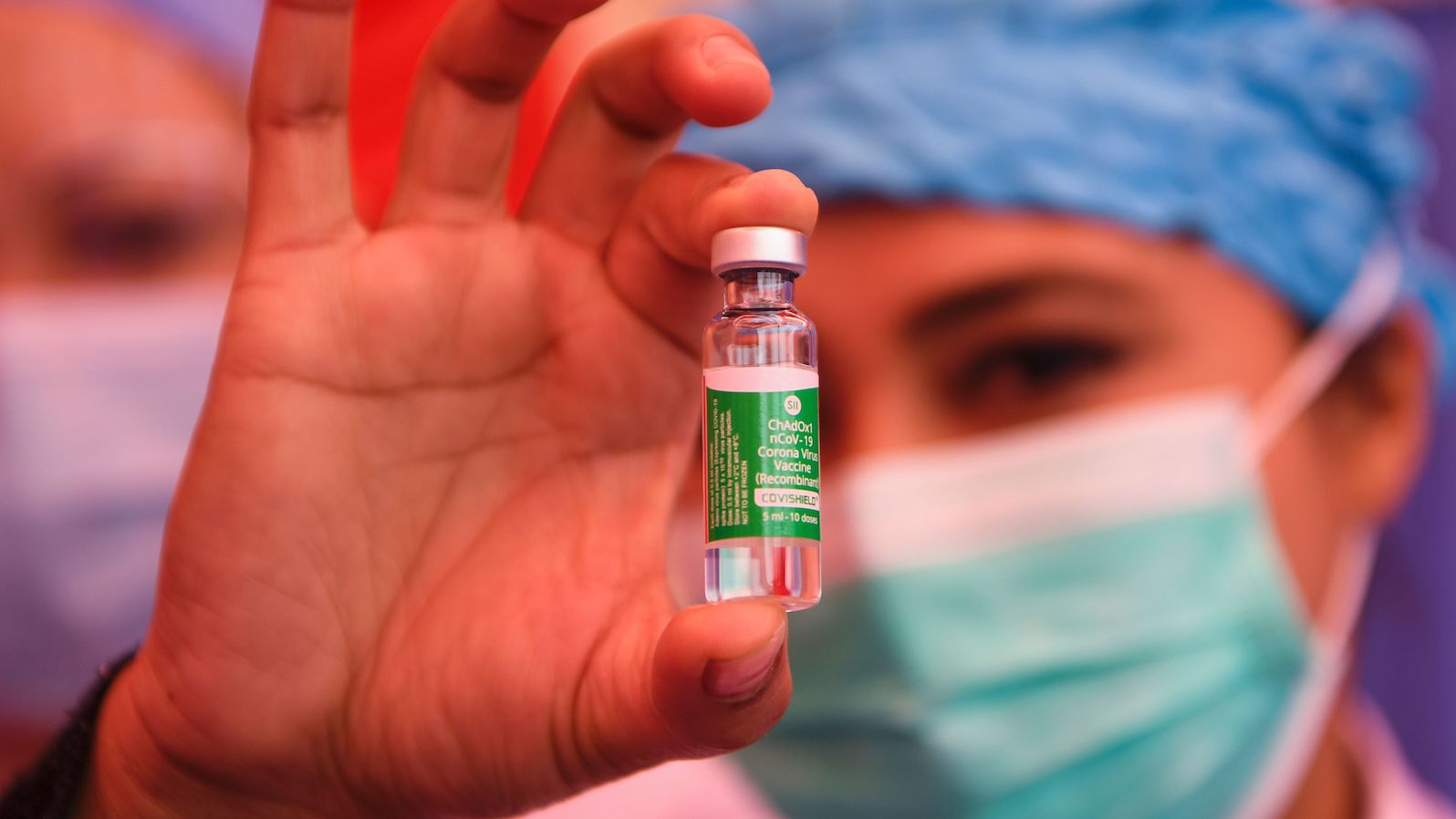AstraZeneca’s vaccine and the University of Oxford could decrease the transmission of coronavirus and prevent symptomatic disease, researchers reported in a pre-publication.
Although its effectiveness is less than other vaccines approved to prevent symptomatic infection, it is the only one that, so far, has shown a decrease in transmission. Dr. Elmer Huerta analyzes the results of the study in this episode.
LOOK: The Oxford / AstraZeneca vaccine can reduce the transmission of the coronavirus, say UK researchers
You can listen to this episode on Apple Podcasts, Spotify, or your favorite podcast platform, or read the transcript below.
Hi, I’m Dr. Elmer Huerta And this is your daily dose of information on the new coronavirus. Information that we hope will be useful to take care of your health and that of your family.
Today we will see the encouraging results obtained by the AstraZeneca vaccine, and released in a pre-publication on February 3.
Vaccines and their goals
Without a doubt, the main objective of a vaccine is to prevent the spread of a disease.
In other words, if, for example, a child is vaccinated against measles, the main objective of this vaccination is that, by coming into contact with the measles virus, the vaccinated child is protected and does not get sick.
But in addition to that primary goal, there are other secondary goals in a vaccination program.
For example, it could happen that the vaccinated person does not acquire complete protection and may become infected and develop a mild form of the disease. In this case, what the vaccine does is prevent severe cases and hospitalizations caused by the disease.
In the same way, by not acquiring complete protection, it could happen that the vaccinated person becomes infected, but develops an asymptomatic form of the disease. In this case, it would be very important to know if these people with asymptomatic disease are still capable of transmitting or spreading the disease.
The AstraZeneca Vaccine: Study Results
In the AstraZeneca study, the researchers found that their vaccine was 66.7% effective in preventing symptomatic disease two weeks after the second dose.
But in a very important finding, the research seems to show that the vaccine is capable of reducing the transmission of the new coronavirus substantially in addition to preventing symptomatic disease.
To do this, they did PCR tests on a group of participants and found that the positive test rate was cut in half after two doses of the vaccine, and after a single dose, the positive test rate was reduced by 67%. .
This fact, not yet proven for Moderna and Pfizer vaccines, is very important because it would help a lot in the eradication of the disease.
In another important finding, research indicates that the vaccine is capable of protecting against infection after a single injection, with an efficacy of 76% from day 22 to day 90 after the first dose has been administered.
In this regard, the study says that antibody levels during this period of time remained relatively stable, with a minimal decrease in antibodies on day 90.
AstraZeneca Vaccine Doses
This important finding provides the basis for the political decision that the British government had made the last week of December 2020, in which, by approving the emergency use of the AstraZeneca vaccine, it surprised the world by recommending that the second dose could given 12 weeks later.
The fact that antibody levels have remained stable, with a minimal decrease in these substances 3 months after a single dose, undoubtedly justifies that the maximum possible number of people can be vaccinated with the first dose, waiting up to 3 months to give the second, giving time to the production of vaccines can be expedited.
In summary, this study indicates that the AstraZeneca vaccine is not only capable of preventing the transmission of the virus, but that the second dose could be delayed for up to 12 weeks after the first.

